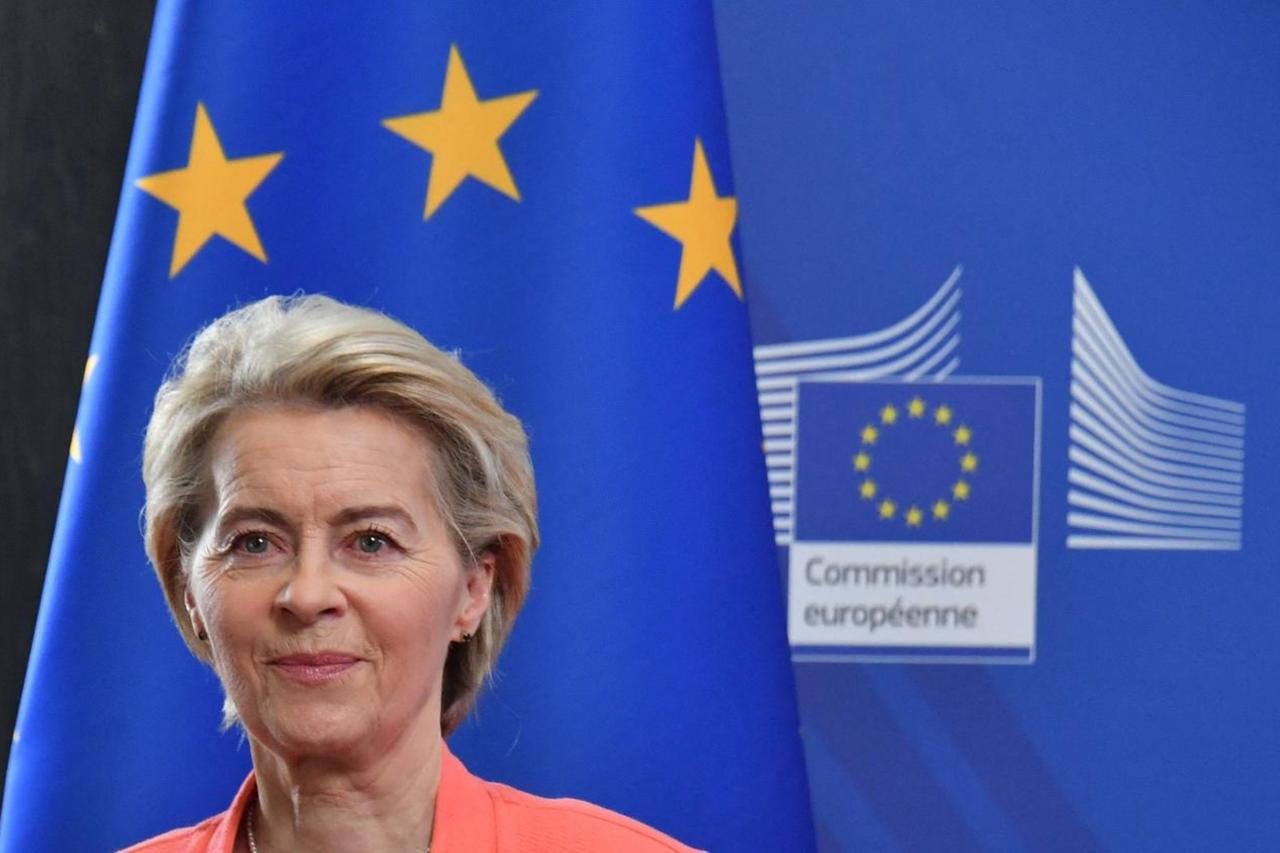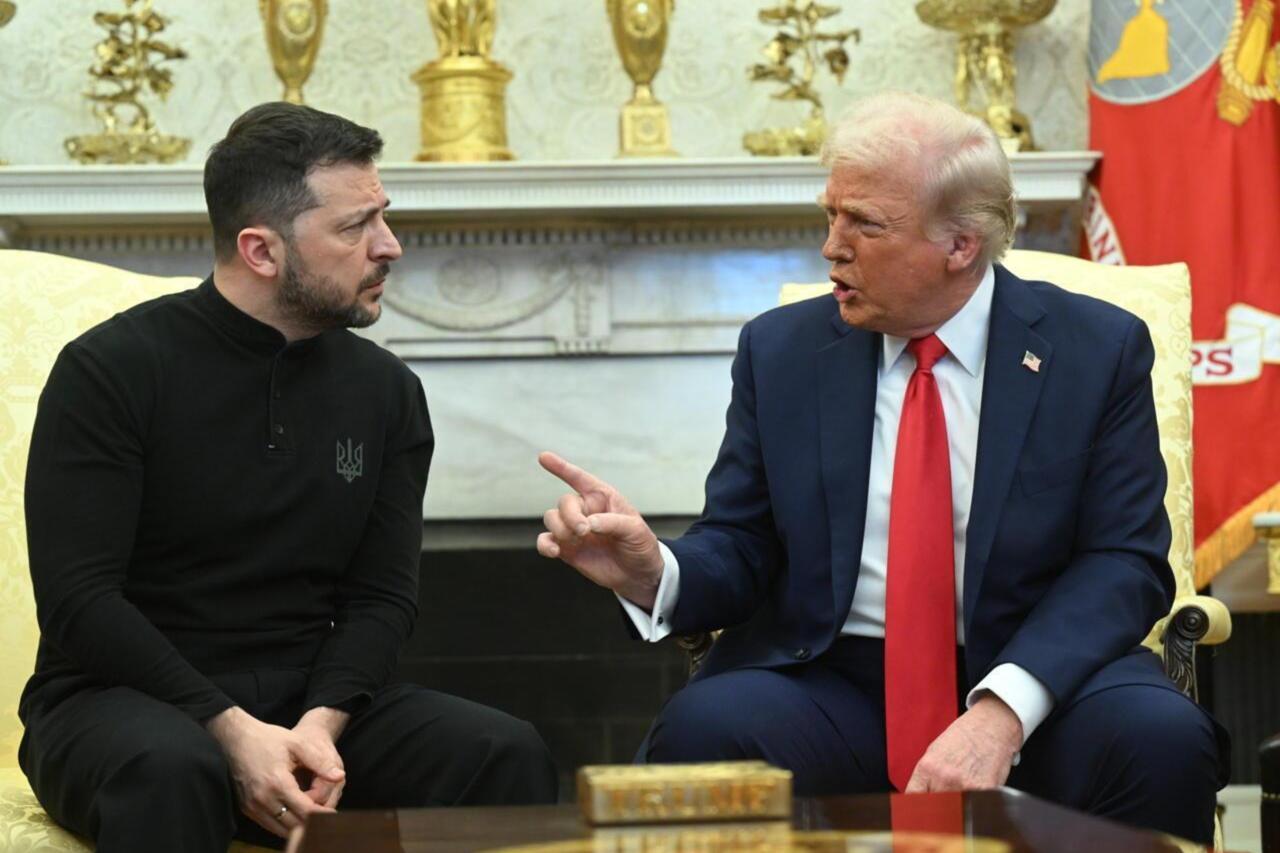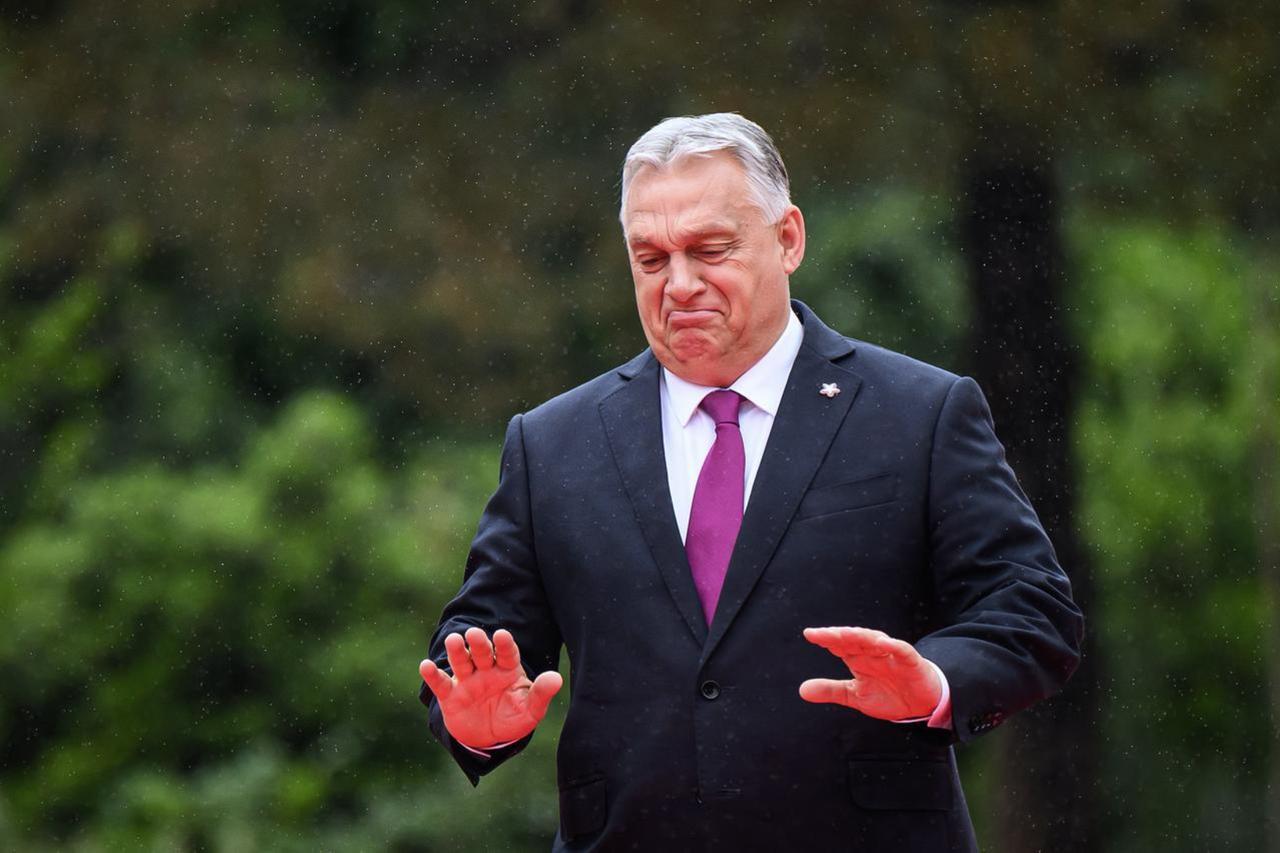
As efforts intensify to end the wars in both Ukraine and Gaza, the European Union is facing growing concern that it may be sidelined from key decision-making, especially following the return of Donald Trump to the US presidency.
EU officials are on edge ahead of Friday’s planned meeting in Alaska between U.S. President Donald Trump and Russian President Vladimir Putin, a summit to which the bloc has not been invited.
The EU first convened foreign ministers and later issued a leaders’ statement in an attempt to influence the outcome. Trump’s unpredictability and his potential to make decisions contrary to Ukraine’s and the EU’s interests have deepened anxiety in Brussels.

While the EU has played a crucial role in supporting Ukraine’s resistance against Russia, its influence at the peace table remains limited.
The EU leaders’ statement reiterated that international borders should not be changed by force and stressed Ukraine’s right to decide its own future.
Any diplomatic settlement, they said, must safeguard the security interests of both Ukraine and Europe. The statement also confirmed the continuation of EU sanctions on Russia.

The statement did not reflect unanimous EU opinion, as Hungary withheld its support. Prime Minister Viktor Orban criticized EU leaders for setting conditions on a meeting they were not invited to, warning against issuing instructions “from the sidelines.”
The EU favors an unconditional ceasefire and security guarantees—a position expected to be raised in today’s meeting involving Trump, some EU leaders, the U.K., and Ukraine. Whether Trump will align with Europe’s advice remains uncertain.

Since Trump’s return to office, the EU’s leverage on Ukraine has diminished, and its influence on the Gaza conflict is even weaker.
Despite EU criticism over Israel’s actions and a report confirming violations of the EU-Israel Partnership Agreement on human rights grounds, the bloc has been unable to impose sanctions due to a lack of unanimity among member states.
Even on measures not requiring unanimity, agreement has so far proved elusive.